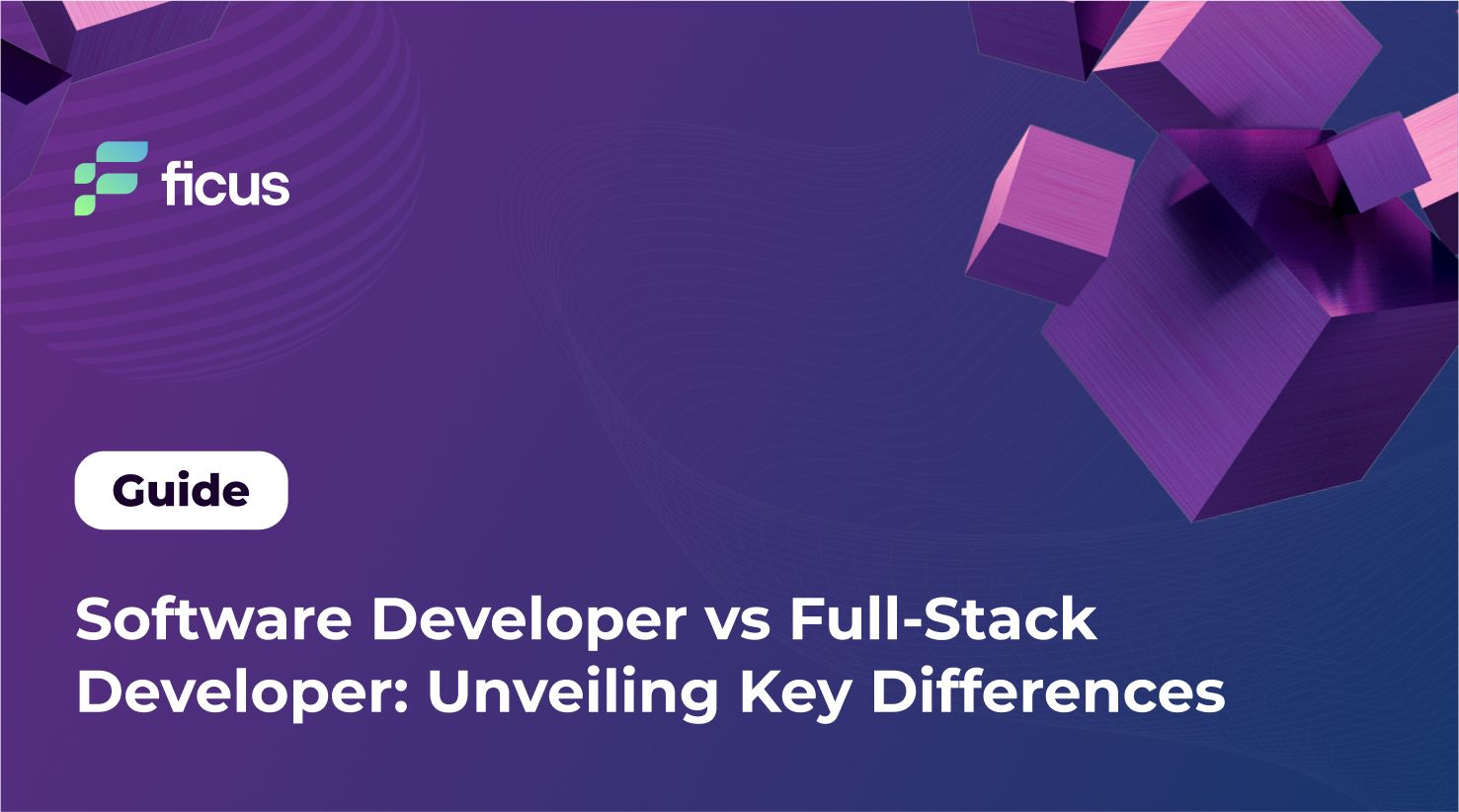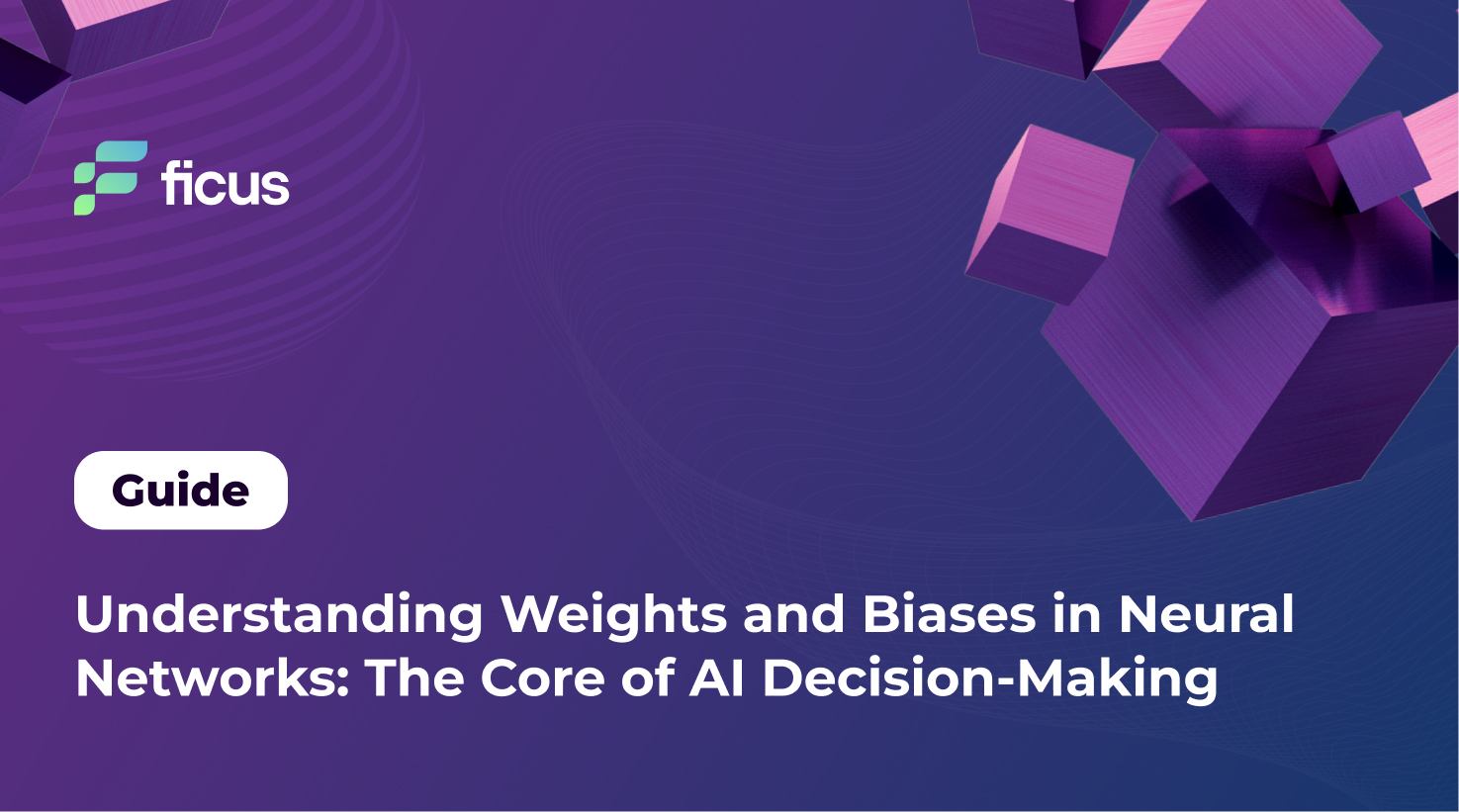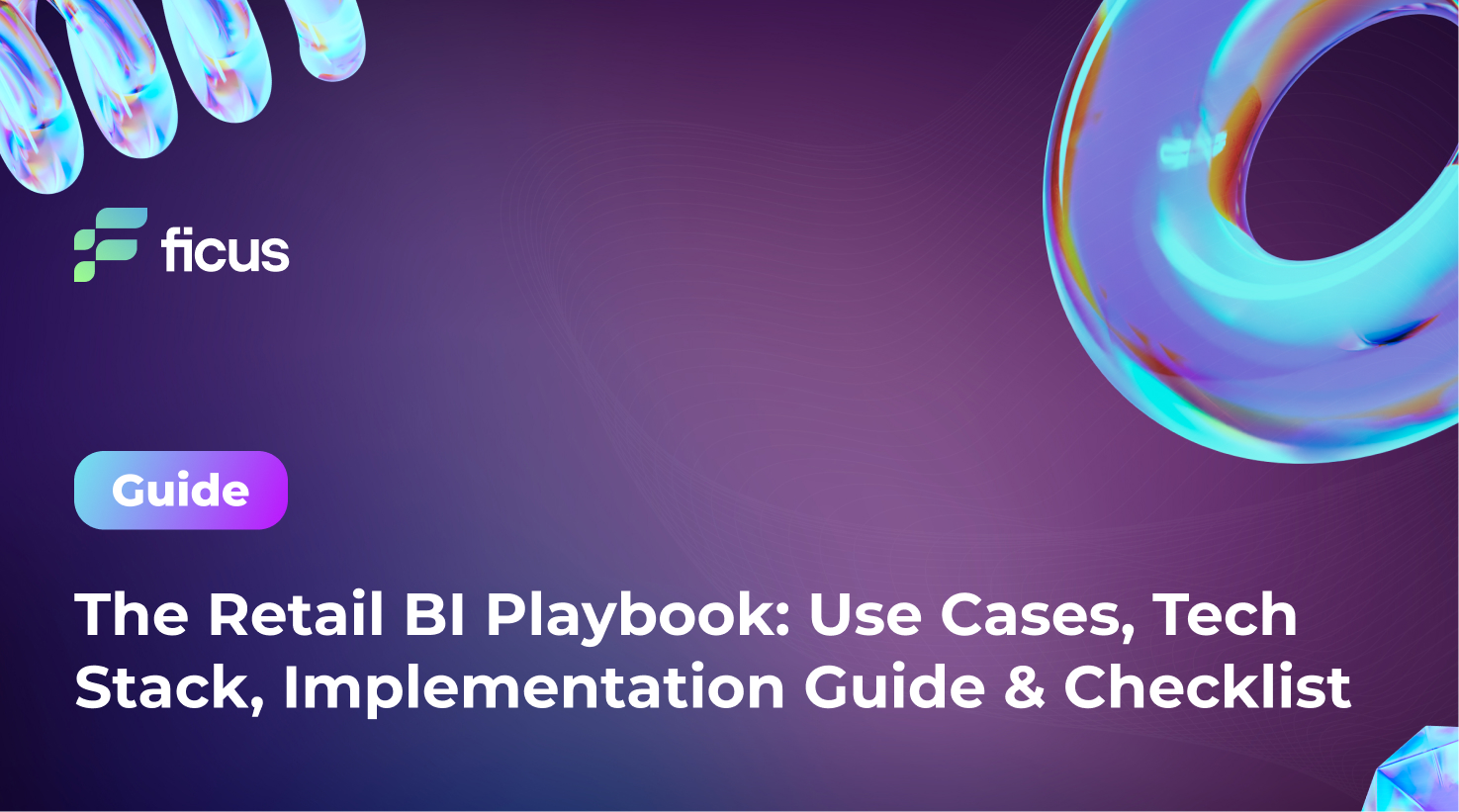This comprehensive article explores the nuanced differences between a software developer and a full-stack developer. Covering key aspects such as availability, interaction, domain access, job structure, skills, salary differences, and disadvantages, the article seeks to highlight the distinctive characteristics and challenges inherent in each role. By delving into the similarities and differences, it provides invaluable information for those pondering the choice between the specialization of a software developer and the versatile skill set of a full-stack developer.
- Full-stack developers excel at end-to-end web development with broad skills.
- Software developers focus on coding, often in traditional company roles.
- The choice depends on preferences, career goals, and desired autonomy.
Software Developer and Full-Stack Developer Difference
The difference between a software developer and a full-stack developer lies in the scope of their responsibilities. While a software developer typically handles coding and source code creation, a full-stack developer plays a more comprehensive role, overseeing the entire development process from design and coding to testing and deployment. In the following paragraphs, we’ll take a closer look at their specific tasks and how these roles affect the overall software development landscape.
1. Accessibility
In the technology landscape, the accessibility of software developers compared to full-stack developers represents a marked difference. While software developers may not have the same accessibility as full-stack engineers, the latter stand out for their versatility across projects and platforms. The debate between a software developer and a full-stack developer is characterized by the latter’s ability to easily navigate different projects without having to learn new programming languages, which is a limitation for domain-specific software developers. Notably, the difference between an efficient full-stack developer and a software developer extends to career prospects. In an era of growing demand for cloud computing, enterprises require both frontend and backend expertise, which opens up a wide range of opportunities for full-stack developers with the right skills.
2. Interaction
The software developer vs full-stack developer engagement spectrum reflects that full-stack developers engage with a more extensive array of collaborators than their counterparts. Renowned for their broad expertise, full-stack developers regularly assist fellow team members by offering solutions to queries and troubleshooting issues, leveraging their comprehensive knowledge. Conversely, such responsibilities are frequently absent from the job descriptions of software developers. The focal point for software developers lies in crafting software or applications tailored to business needs. This significant difference between software developers and full-stack developers underlines the diverse realms of interaction within the tech ecosystem.
The first 90% of the code accounts for the first 90% of the development time. The remaining 10% of the code accounts for the other 90% of the development time.
Tom Cargill
3. Domain Access
The dynamics of domain access define a profound difference between software developers and full-stack developers. While software developers have traditionally managed specific phases of application development, the situation is dramatically different for full-stack developers: they have unprecedentedly broad access to the entire spectrum of product development.
Developers who can handle all aspects of product development, from design and coding to testing and deployment, are the epitome of full-stack developers. They are responsible for creating code that executes on the server in real-time and creating mockups or prototypes. The appeal of a full-stack developer compared to a software developer is the ability to move seamlessly through both the front end and back end of an application. The difference between a full-stack developer and a software developer is evident in the broad access to the domain afforded to the former, offering a holistic perspective in the evolving tapestry of software evolution.
4. Working Structure
Both are examples of developers, but their roles are significantly different. A software developer and full-stack developer is akin to a skilled craftsman who meticulously creates the source code of computer programs. In contrast, a full-stack developer or software developer is a versatile virtuoso who masterfully manages all phases of web development, from ideation and planning to coding, testing, deployment, and maintenance.
The dynamic between a software developer and a full-stack developer is evident in their different responsibilities. While a full-stack developer or software developer manages all aspects of a project with finesse, a software developer and full-stack developer may find that their expertise is limited to the realm of coding. This distinction between a full-stack developer or software developer and a software developer and full-stack developer quirks the structure of the job.
5. Skills Needed for Software Developer and Full Stack Developer
Full-stack developers navigate a variety of environments and responsibilities, often collaborating with programmers and designers on a team but also showing the ability to work independently on smaller projects. Their tasks go beyond functionality: they are responsible for ensuring that their creations are not only user-friendly, secure, and adaptable for future modifications but also robust enough to handle large amounts of data, such as website traffic.
Software developers focus on accuracy, problem-solving, and troubleshooting issues during the development phase of an application to ensure that it runs smoothly. Their expertise lies in the intricate orchestration of software components to ensure they are seamlessly connected into a cohesive whole, highlighting the difference between a software developer and a full-stack developer. The versatile skill set required for both roles emphasizes the dynamic landscape of software craftsmanship.
Ficus Technologies can help you realize your ideas!
Contact Us6. Salary
When venturing into the professional realm of development, the aspect of salary becomes a pivotal factor in the difference between a software developer and a full-stack developer. The vast array of companies seeking skilled professionals adds a layer of choice for aspiring developers. If you opt for a career as a software developer, the average compensation ranges from USD 77,710 to USD 128,960, catering to novices navigating the intricate programming landscape. On the flip side, delving into the realm of a full-stack developer brings a distinct financial narrative, with an average compensation spanning from USD 97,500 to USD 149,615. This difference between a full-stack developer and a software developer highlights the financial advantage that full-stack engineers enjoy, making it a notable consideration in the decision on a career path.
7. Drawbacks
In the dynamic landscape of software development, the shortcomings inherent in the roles of software developers and full-stack developers underscore the challenges in the field. The main obstacle is the inexorable pace of new technology across disciplines, which creates significant inconvenience for both roles. For full-stack developers, the complexity increases as they juggle responsibilities at different levels, making it difficult to stay abreast of the myriad languages and frameworks prevalent across companies. In contrast, software developers face challenges specific to their chosen specialization, solving problems that arise from a lack of proficiency in certain languages or coding styles. For example, an iOS developer who is not proficient in HTML/CSS or JavaScript may find it difficult to create mobile apps, which clearly demonstrates the difference between a software developer and a full-stack developer in the realm of tasks.
How are They Similar?
Software developers and full-stack developers are often used interchangeably, leading to confusion about their roles. While full-stack developers may be called “full-stack engineers,” they should not be confused with software engineers. What they have in common is the ability to work with code, which emphasizes the nuanced differences in tasks.
- Mastery of code: Both roles require a high level of coding proficiency, which is at the core of their responsibilities in software development.
- Versatility of code roles: A significant similarity is their involvement in the end-to-end development process spanning design, implementation, testing, and maintenance.
- Multi-faceted skill set: Both full-stack developers and software developers have a multi-faceted skill set, contributing to various aspects of the software development lifecycle.
- Management Roles: In certain scenarios, both roles may include management responsibilities. Full-stack developers can easily move into roles such as designers, programmers, testers, and even managers, leading teams or overseeing project budgets.
- Specialization within computer science: While software developers typically specialize in specific areas of computer science, such as software architecture or database design, what they have in common is the ability to navigate the field of coding.
Understanding these key points highlights the common territories and nuanced differences that exist between software developers and full-stack developers in the confusing landscape of software development.
What Should You Choose Between Full-stack Developer and Software Developer?
The choice between a full-stack developer and a software developer is nuanced. While both require similar skills, the main difference lies in their core specialization. A full-stack developer typically has a broader skill set and deep experience, excelling at building programs from scratch. Their eagerness to learn new technologies makes them well-suited for entrepreneurial endeavors or independent contracting.
In contrast, software developer often builds on existing code, which limits freedom compared to their full-stack counterparts. Software developers may be more inclined to take on traditional roles within a company, avoiding entrepreneurial endeavors.
Salaries also lean toward full-stack developers vs software developers with higher averages. However, real-world situations may differ from these averages. Ultimately, the choice depends on individual preferences, career aspirations, and the desired level of coding autonomy. Understanding these nuances allows you to make an informed decision that aligns with your personal goals and aspirations.
Conclusion
In conclusion, the choice between software developer and full-stack developer depends on individual preferences, career aspirations, and desired level of coding autonomy. While both roles share similarities in coding skills and involvement in the software development lifecycle, nuanced differences in specialization and skill sets should be considered in the decision-making process.
At Ficus Technologies, we understand the critical need for skilled developers. Our company specializes in providing skilled professionals, whether they are software developers or full-stack developers, providing customized solutions for a variety of project requirements. With a commitment to excellence, Ficus Technologies is a trusted partner for companies looking for experienced developers to navigate the dynamic landscape of software development.
Becoming a Full Stack Developer and a Software Engineer both present unique challenges, making it challenging to definitively declare one as universally harder. Full Stack Developers need proficiency in a broader range of technologies, mastering both front-end and back-end development. Software Engineers, while potentially specializing in specific domains, often face complex problem-solving tasks. Difficulty can vary based on individual strengths and interests. Full Stack Development may seem more challenging due to its holistic approach, but Software Engineering demands in-depth knowledge. Success in either role relies on dedication, continuous learning, and aligning one’s skills with industry demands.
The scope of work differs between a Software Developer and a Full Stack Developer in their approach to development tasks. A Software Developer typically specializes in specific areas like mobile app development or system architecture, focusing on a particular phase of the software development life cycle. In contrast, a Full Stack Developer has a more comprehensive scope, seamlessly navigating both front-end and back-end realms. They contribute to various stages of development, offering a holistic perspective. Full-Stack Developers engage in end-to-end development, while Software Developers may concentrate on specific aspects, reflecting the nuanced differences in their work scopes.








